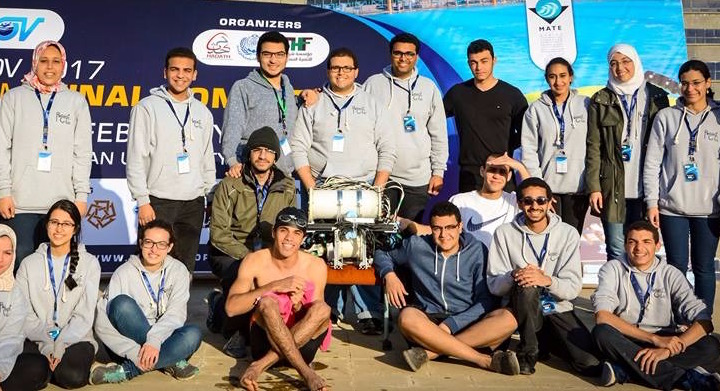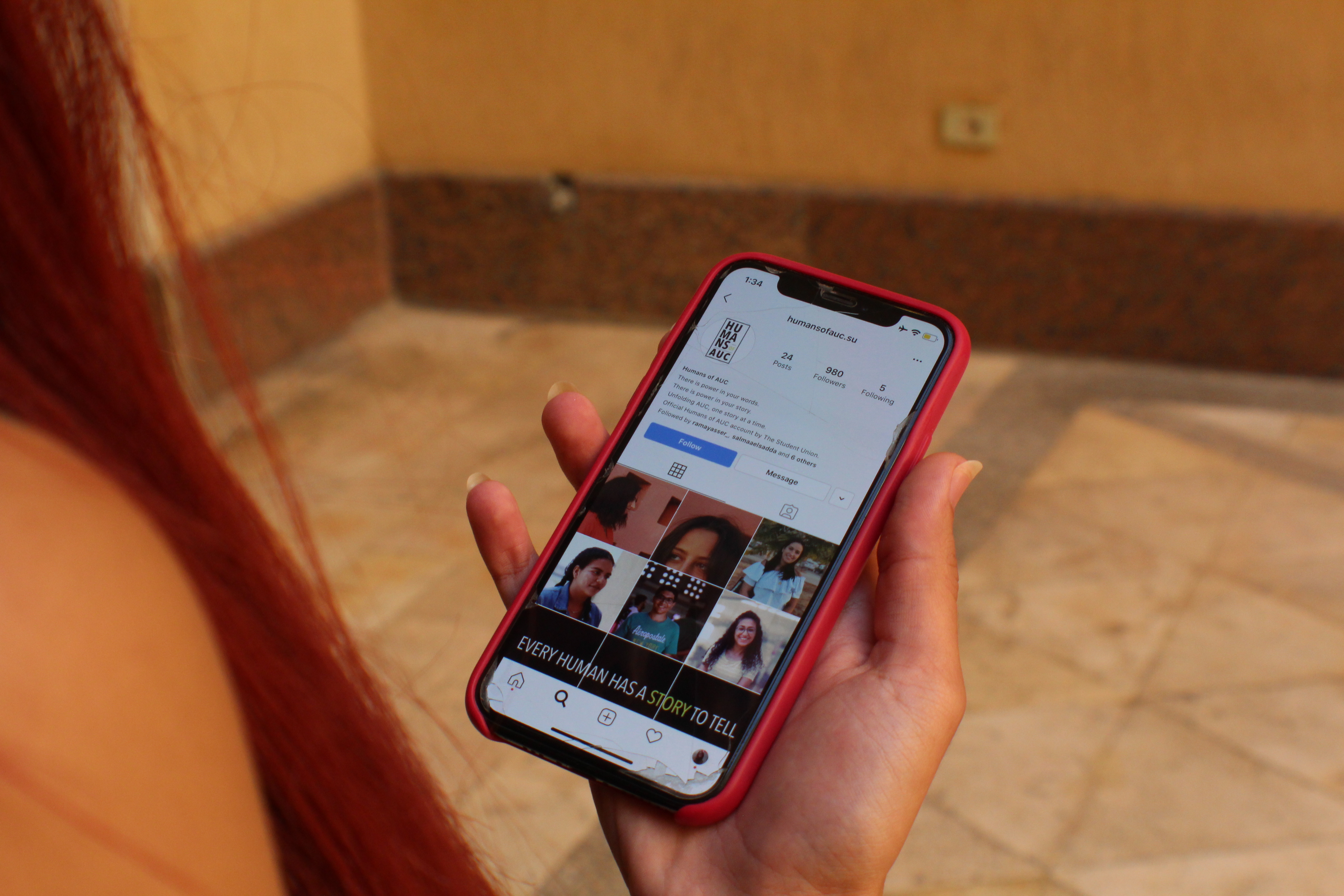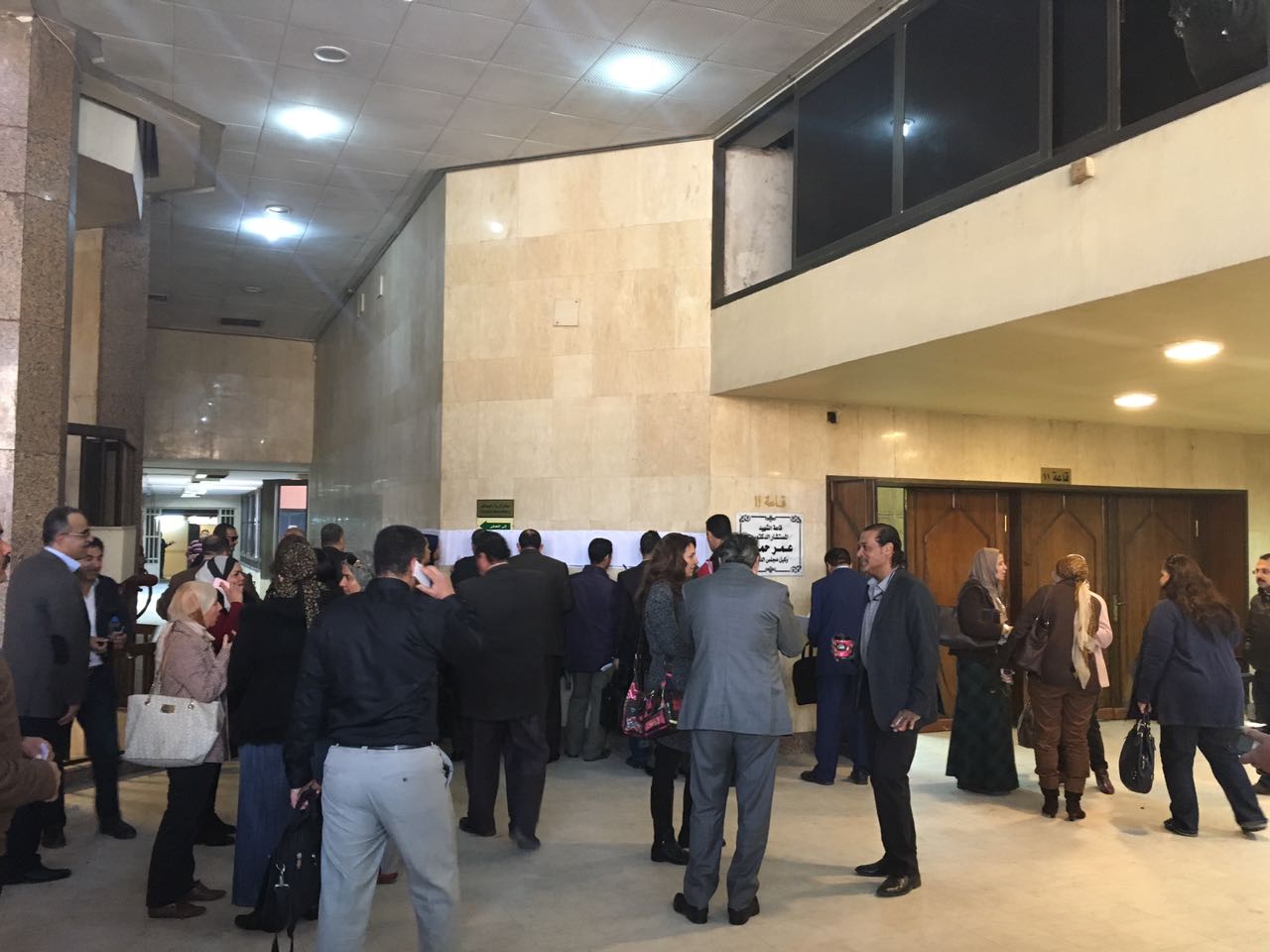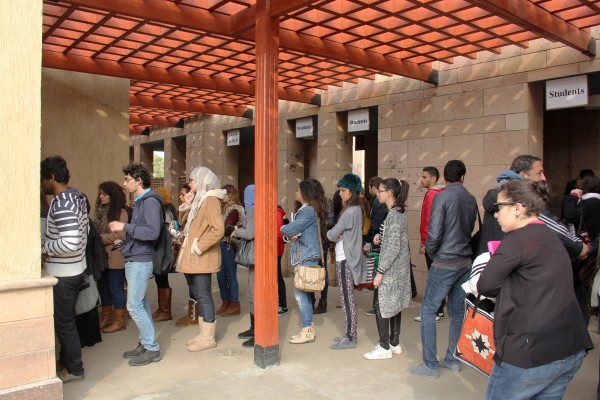Robotics Team Conquer Regional Rounds

@MalakSaad76
The AUC Robotics Club is now qualified for the regional Remotely Operated Vehicle (ROV) competition, to be held in Alexandria next month, after having won the national competition on February 25.
Held at the Paul B. Hannon swimming pool, this victory is the first of its kind.
The 19 team members will now compete against other teams from the Middle East for the chance to participate in the international ROV competition in Long Beach, California later this year.
“It is an international competition, which originated in the US. We only started to take part last year,” said Operational Vice-President of the Robotics Club Mohamed Gamal.
The national rounds brought together 36 teams from universities and high schools across the country to work on building a robot that would function underwater.
Each year, the competition creates a new mission the robots have to accomplish.
This year’s has proven to be the most challenging yet: the objective was to get the robot to perform a total of four tasks underwater.
“One of them is the entertainment mission in which the robot has to change a broken fountain underwater,” Logistics Head of the Robotics Club and the Electronics Team Leader Mohamed Azazi told The Caravan.
“To do that, the robot has to unlock the power cable, close the water pump, unlock the fountain, bring it to the surface, then replace it with the new one and and return everything to its original place.”
Another mission the robots have to accomplish was classifying shapes dropped underwater by using bluetooth and laser technology.
“The winner of the competition in the US will be able to supply Long Beach with similar robots who can function underwater in real water circumstances,” said Azazi.
Despite some technical problems throughout the process, the mission was successful and the experience was quite enriching.
“I have learned a lot. The most important thing is the teamwork, how to work efficiently with other members, to plan and implement our plan. It was also a fun experience that I plan to continue doing in the future,” said Azazi.
The academic club was launched in 2008 and includes members who do not necessarily have background in the robotics field.
“We started by teaching them robotics in a series of sessions. The main programs include robots that can solve mazes,” said Gamal.



